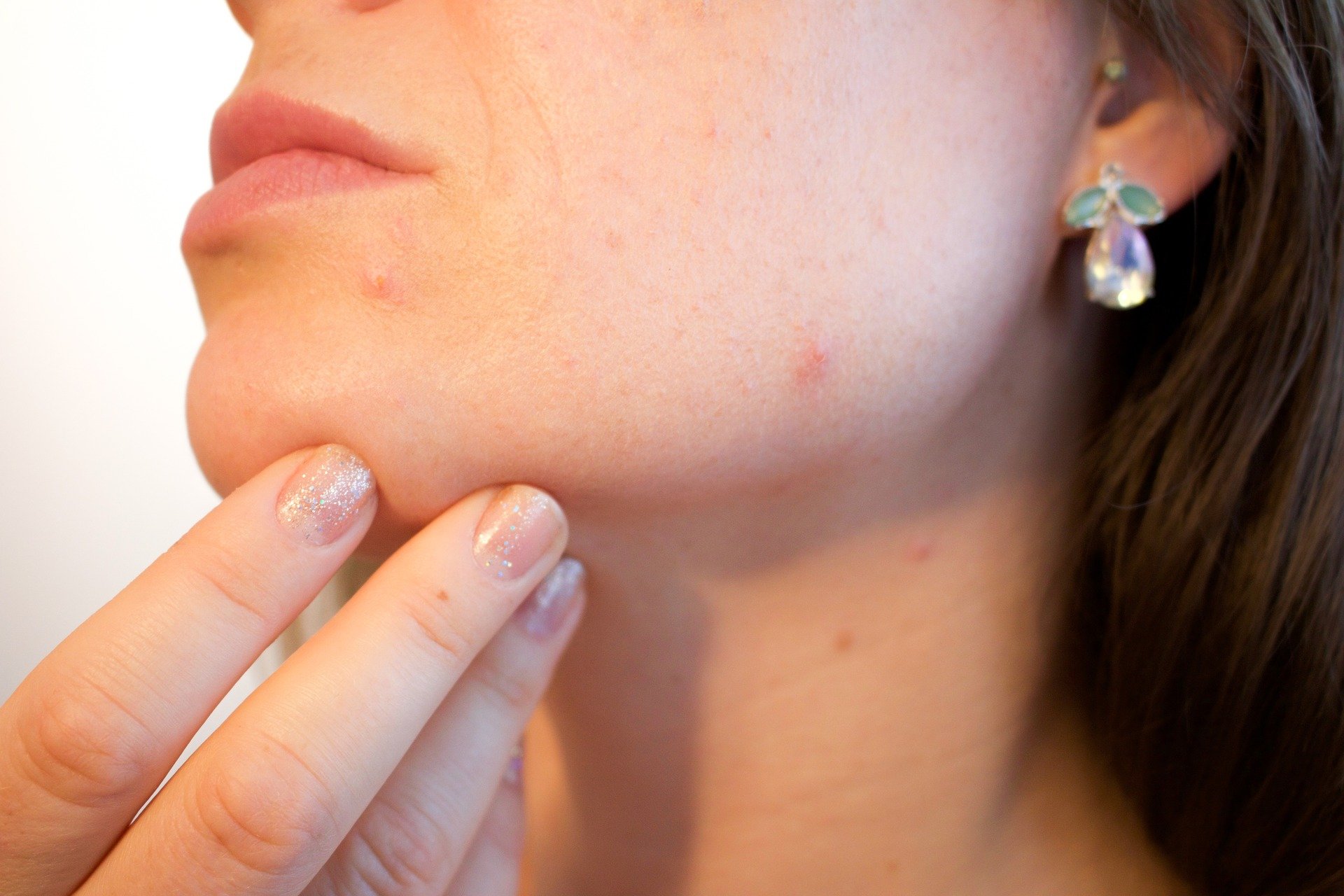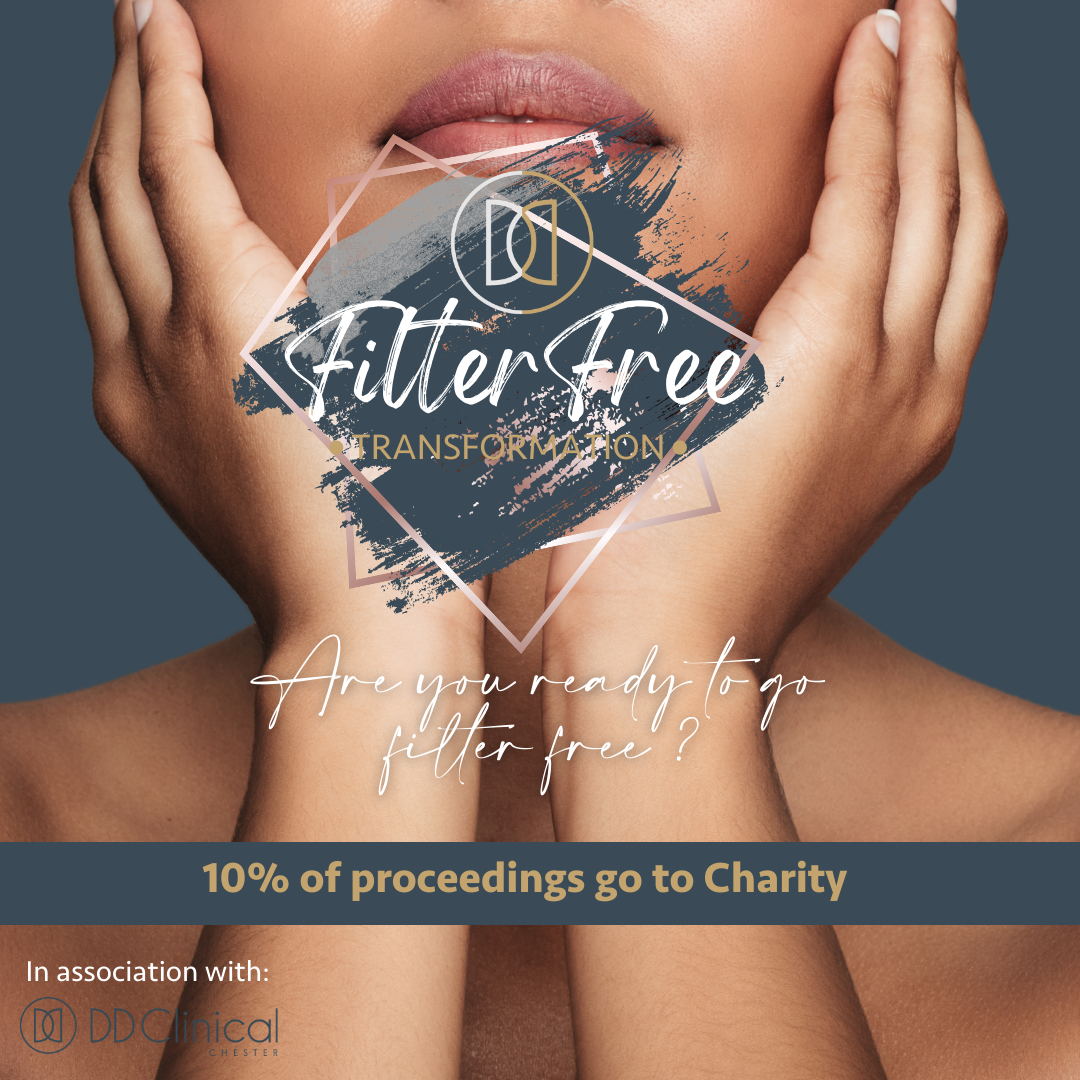Spots, pimples, zits, breakouts – whatever you call it, acne is a very common skin condition amongst both men and women. People all over the world invest thousands of pounds in specialist skincare products just to try and calm their acne situation as it can affect their self-confidence; especially around others.
There are many different forms of acne. For some people, it can be mild and can come and go, whereas for others it can be quite severe and can really irritate the skin. Acne is a chronic and recurring inflammatory disease of the skin that causes spots and skin irritations. For most people, it appears on the cheek area on the face, but acne can also form on the neck, back and chest area.
So what exactly causes Acne?
People get acne for various different reasons. Some of the most popular causes are listed below:
- Continuous use of oil-based products (Skincare/Makeup)
- Hormonal imbalances
- Emotional stress
- Menstruation
- Medication
- Excessive weight gain
- Dairy protein intolerance
Difference between Male acne and Female acne
Some may assume that acne is just spots that can affect people differently based on their bodies. Whilst that is correct, acne can also vary depending on gender.
Male Acne
Hormone levels are usually the trigger for men suffering from acne. As they produce more hormone testosterone than women, this can result in thick and oily skin. They also produce a lot more sebum which can lead to blocked pores and breakouts.
Another cause of acne in men is that, if they are taking supplements to enhance muscle growth it can also sometimes promote underlying acne.
Men are more susceptible to acne on their chest, back shoulders and upper arms.
Female Acne
Whilst men suffer the worst type of acne, there are more women than suffer from acne and breakouts. For the majority of cases, acne in women is blamed on hormones, including pregnancy, menstruation cycles, taking contraceptive pills and many other instances where there is a hormonal shift in the body.
How to get rid of acne and acne scarring
You can spend fortunes on over the counter skin care products that only offer temporary relief. The most effective method is a non-surgical treatment called the iPixel laser. The iPixel laser is a specialist skin resurfacing and rejuvenation laser that is used to improve your skin without any surgery or medication. It’s great for reducing acne and any acne scarring. Find out more about our iPixel Laser treatment here.
If you are interested in this type of laser treatment, then always remember to do your research and make sure you are being treated by a qualified and specialist clinician.
All clinicians should offer you a full skin consultation before starting any treatment so they can understand your medical history and skin concerns. It’s also a good opportunity to ask any questions or concerns you may have about the treatment and aftercare.
For more information about our iPixel laser or any other treatments we offer, please call our clinic on 01244 432 817.
← Back



